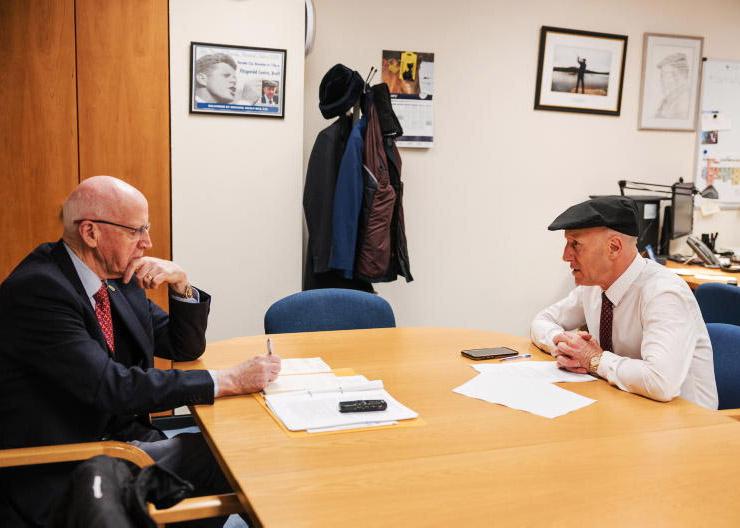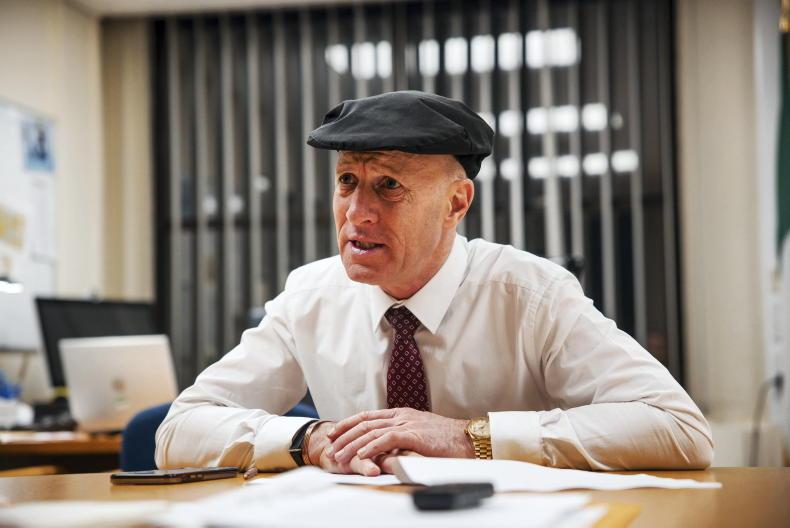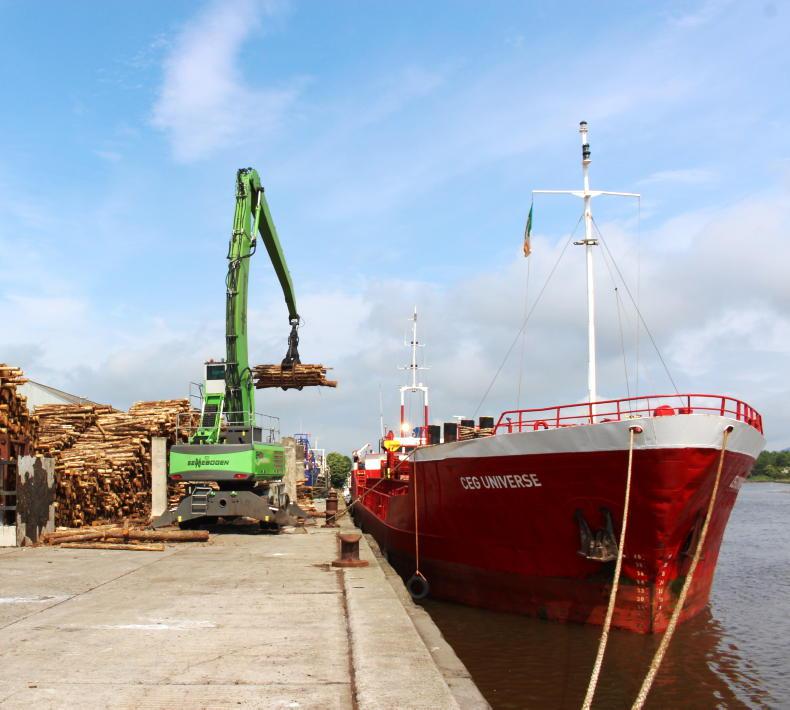Conifers are providing much more employment in rural economies compared to broadleaves, Henry Phillips, consultant and chair of the RDS Forestry Awards said.
The “fixation” that big conifer forests are bad and broadleaf forests are good is the wrong view to have, Philips told the opening day of the Finding Common Ground event in the RDS on Thursday last.
While he said he was concerned with the number of broadleaf trees simply being “planted for the grant”, he argued that both conifers and broadleaves have their benefits.
“There are places suited for certain types of forest.
“We have this fixation that big conifer forests are bad and broadleaf forests are good and this black and white view is not the right way to be looking at it. Everything has its place within forestry and within the forest sector. We have room for broadleaves and we have room for conifers,” he said.
The biggest worry he has, he said, with broadleaf forests is if they will be worked once planted. A forest that is worked, will be profitable and therefore sustainable because the owner will keep working it.
Carbon
Forestry owners need to be rewarded for the carbon they capture in order to increase afforestation levels in Ireland, he added.
“The answer is so simple, it’s blindingly obvious, reward the forest owner with the carbon that is captured by their forest. At the moment the State just takes this away and says ‘this is mine’.
“The carbon belongs to the owner of the land and that’s been proven in countries such as Australia and New Zealand. To me it’s so simple; start a forest carbon code, which can be audited, can be run nationally, with very few barriers for entry and has very few rules and regulations and rewards the forest owner for the carbon that is captured over the period of the rotation,” he maintaned.
This, he said, gives forest owners a sustainable income over 25 to 30 years which would be a “game changer”.










SHARING OPTIONS